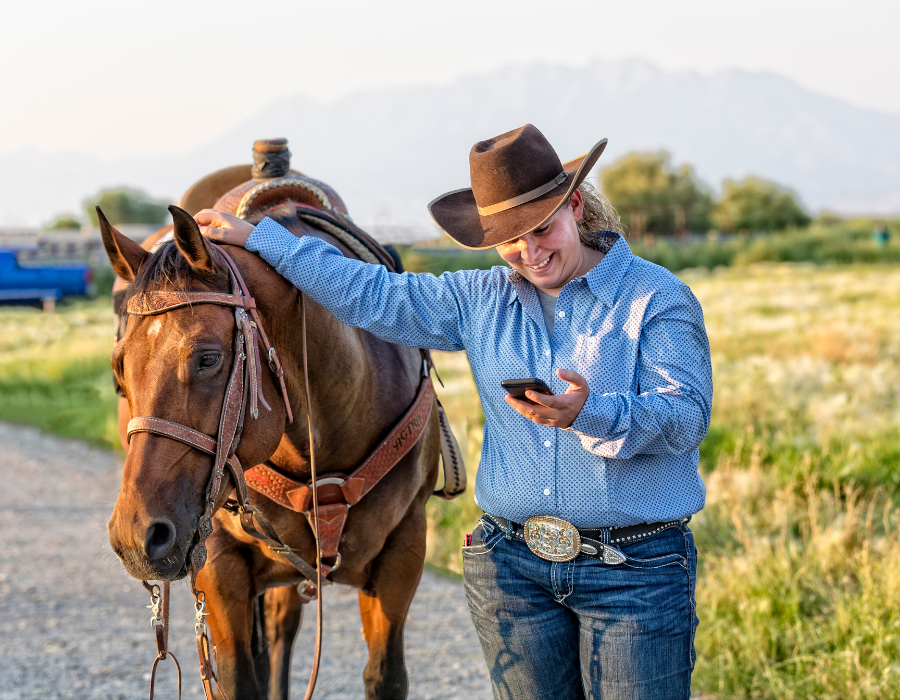Luck v. Shack, 2019 BCSC 1172
In Luck v. Shack, the primary issue was whether the plaintiff’s ability to work full-time was impacted by her accident.
The defendants attempted to discredit the plaintiff’s claims by introducing social media posts which showed the plaintiff engaging in post-accident activities that supposedly contradicted her claims that she had difficulty doing these activities.
The court put little weight on the social media evidence brought forth by the defendants. In support, the court cited the decision of Senger v Graham, where the defendant had attempted to discredit the plaintiff’s claims by introducing social media evidence showing her engaging in various physical activities. In Senger, the court found that the “fact that she has tried doing physical activities or travelled detracts from her evidence in the least. In fact, it makes her evidence more compelling.” Notably, the court held that plaintiffs “cannot be expected to cease living once they commence a lawsuit.”
Social media investigation is the new surveillance being used in personal injury cases. Private Footprint is a simple tool that provides lawyers full visibility into their clients’ past and present social media activity.
In this case, had the court not ruled in favour of the plaintiff, Private Footprint would have allowed the lawyer(s) to understand the context behind the posts and provide time to inoculate against those posts.
Contact us today to learn more about Private Footprint and how you can start protecting the value of your files.





























